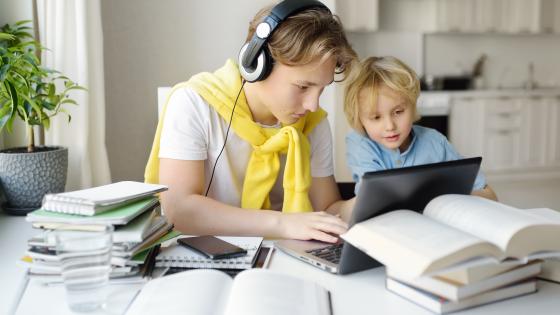DP5018 Peer Effects in Austrian Schools
This study deals with educational production in Austria and is focused on the potential impact of schoolmates on students? academic outcomes. We used PISA 2000 data to estimate peer effects for 15 and 16 year old students. The estimations yield substantial positive effects of the peer groups? socioeconomic composition on student achievement. Furthermore, quantile regressions suggest peer effects to be asymmetric in favour of low-ability students, meaning that students with lower skills benefit more from being exposed to clever peers, whereas those with higher skills do not seem to be affected much. Social heterogeneity, moreover, has no big adverse effect on academic outcomes. These results imply considerable social gains of reducing stratification in educational settings.

